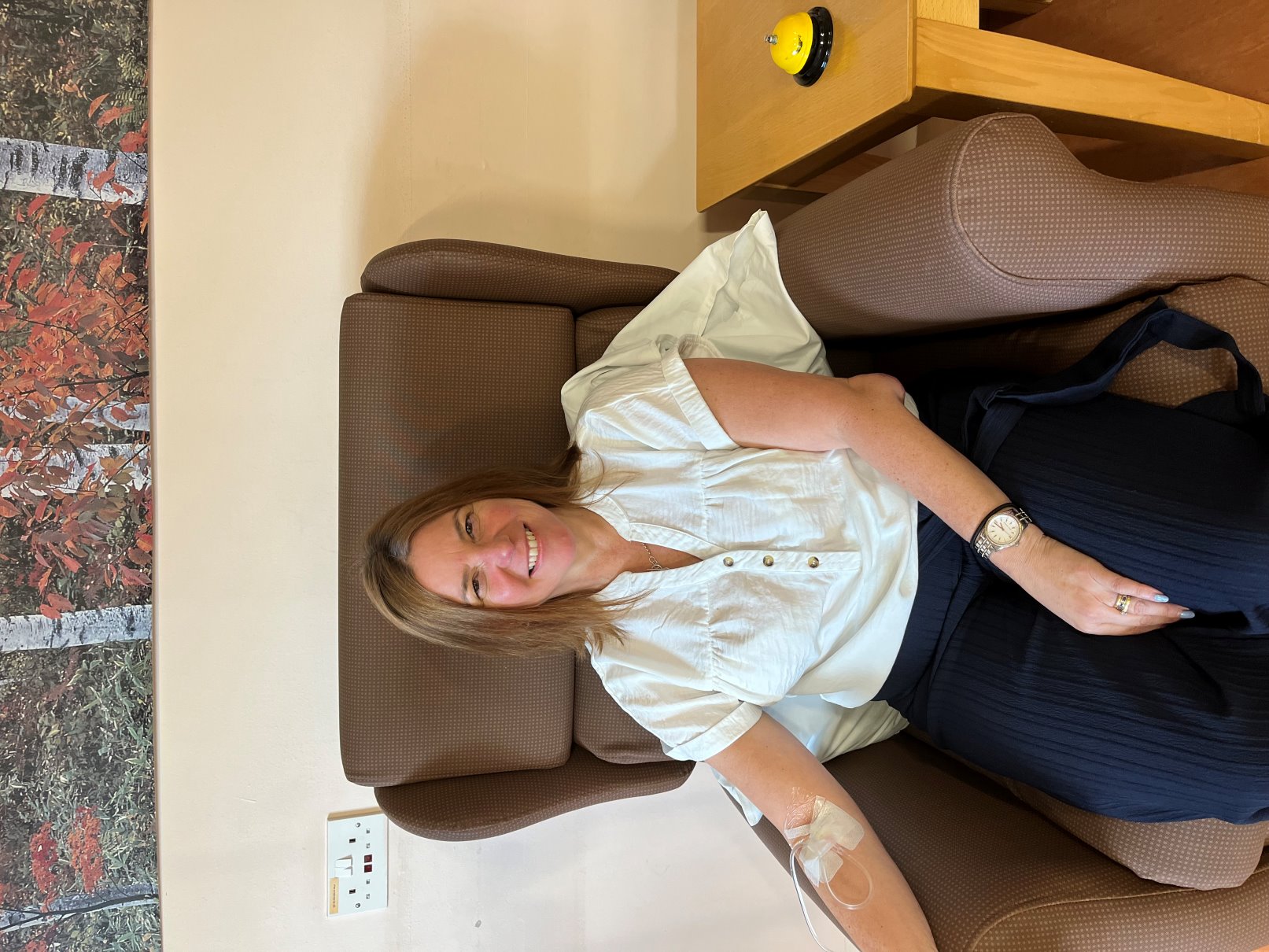NHS Blood and Transplant Celebrates Milestone in Immunoglobulin Medicines
In a remarkable testament to the power of altruism, Samantha Bloomfield, a 55-year-old from Leeds, stands as a beacon of hope amidst the medical community’s latest triumph. Having battled Common Variable Immunodeficiency (CVID) for over a decade, she credits her life-changing intravenous immunoglobulin (IVIG) treatments with transforming her health. In June 2025, Samantha made the switch to UK-derived immunoglobulin, receiving therapies made from plasma donated right here in Britain. “Knowing that we now have this ability in the UK gives peace of mind for the future,” she reflects, her gratitude palpable. Her story highlights the profound impact of a nationwide initiative that has propelled 2,221 NHS patients toward better health since its launch.
The Significance of Domestic Plasma Collection
The NHS’s shift to collect and utilize domestic plasma has not only bolstered the supply chain of vital treatments but redefined patient care in the UK. As of today, the NHS Blood and Transplant (NHSBT) has transported 574,402 liters of UK plasma across Europe for manufacturing life-saving immunoglobulins and albumin. This strategic move strengthens the NHS’s capability to deliver critical treatments on demand, ensuring that patients receive what they need, when they need it.
A Growing Demand for Immunoglobulin
Immunoglobulins are crucial for individuals suffering from immune deficiencies, autoimmune disorders, and various other health challenges. The recent milestone reflects not only the growth in treatment availability but the increasing demand for domestically sourced plasma. According to a study conducted by the Institute of Blood Research, the need for immunoglobulin therapies in the UK has surged by 30% over the past five years.
Dr. Helen Carter, a leading immunologist at the Royal Free Hospital in London, emphasizes this shift: “The ability to leverage local plasma donations is a game-changer. It drastically reduces the reliance on international suppliers and ensures a more resilient healthcare system.”
The Role of Donors
The success of this domestic plasma initiative hinges on the generosity of donors. NHSBT has mobilized efforts to encourage more individuals to donate both blood and plasma, recognizing the pivotal role these contributions play in the creation of life-saving medicines. Each donor is a crucial link in a chain that ultimately supports vulnerable patients like Samantha.
How Donated Plasma Affects Patients
- Infection Prevention: Patients with compromised immune systems depend on IVIG therapies to fend off serious infections.
- Quality of Life: Access to reliable treatment allows patients to return to regular activities, including work and social engagements.
- Emotional Well-being: Knowing that treatment is sourced locally provides psychological comfort and builds trust in the healthcare system.
As Samantha attests, “Before starting IVIG infusions, I was constantly sick and needing time off work. Now I can’t remember the last time I had a chest infection.” This reflection illustrates not only the physical but also the emotional benefits of a reliable healthcare supply chain.
Scientific Backing
Recent research presented at the UK’s Annual Immunology Conference showed that patients receiving domestically sourced immunoglobulin reported an 80% improvement in health outcomes compared to those reliant on imported treatments. Dr. James Evans, a leading researcher in immunology, noted, “This demonstrates a clear correlation between treatment sourcing and patient well-being, reinforcing the need to build a self-sufficient plasma collection system.”
The Future of NHS Plasma Dedication
With the UK’s plasma collection program now well-established, the NHS continues to seek more donors. The aim is to increase the reliability and capability of the supply chain further, ensuring that life-saving medicines remain accessible for all patients in need. Health officials are optimistic; the momentum built by raising awareness and encouraging donations is crucial for sustaining these advancements.
Getting Involved
Every individual willing to donate can make a significant impact, standing alongside countless others to support those in need. “Donating blood or plasma isn’t just a good deed; it’s a vital contribution to the health system,” Dr. Carter passionately states.
The future looks bright, as the collaboration between NHS Blood and Transplant, NHS England, and dedicated donors promises a steady supply of essential therapies. As the journey continues, patients like Samantha Bloomfield remain at the heart of this initiative, their stories serving as both a motivation and a reminder of the invaluable nature of giving.
Source: www.blood.co.uk


